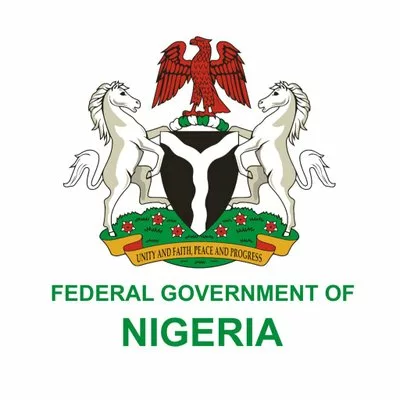The Ministry of Industry, Trade and Investment has officially initiated the disbursement of a N200bn palliative loans through the Presidential Conditional Grant Scheme.
This announcement followed a rigorous selection process to identify eligible applicants, signaling a major push to fortify the economic landscape for manufacturers and businesses across Nigeria.
According to a recent update from Trade Minister, Doris Aniete, on her official X handle (formerly Twitter), some beneficiaries have already received their funds.
She wrote: “We are pleased to inform you that the disbursement process for the Presidential Conditional Grant Programme has officially commenced.”
She further assured that more substantial payouts are slated for Friday, April 19, as part of the program’s phased disbursement strategy.
The disbursement marks a significant step in actualizing President Bola Tinubu’s commitment to revitalize the manufacturing sector and expand job creation. Announced over eight months ago, the scheme aims to inject N75bn into 75 manufacturing enterprises by March 2024. Each enterprise is set to receive up to N1bn in credit at a favorable 9% annual interest, with terms extending up to 60 months for long-term loans and 12 months for working capital.
Despite the program’s ambitious goals, it has faced considerable hurdles, including a complex registration process and delays that have sparked criticism from potential beneficiaries. Femi Egbesola, President of the Association of Small Business Owners, expressed concerns about the slow pace of data collation by supervising agencies, suggesting that “genuine businesses were being deliberately discouraged from accessing the loans.”
Nevertheless, the government remains resolute in its effort to cushion the impacts of recent economic reforms on businesses, ensuring that all verified applicants will eventually benefit from the scheme in subsequent phases. As the disbursement continues, stakeholders remain hopeful for a smoother execution that will help kick-start sustainable economic growth and structural transformation within the country’s key economic sectors.
Despite the program’s ambitious goals, it has faced considerable hurdles, including a complex registration process and delays that have sparked criticism from potential beneficiaries. Femi Egbesola, President of the Association of Small Business Owners, expressed concerns about the slow pace of data collation by supervising agencies, suggesting that “genuine businesses were being deliberately discouraged from accessing the loans.”
Nevertheless, the government remains resolute in its effort to cushion the impacts of recent economic reforms on businesses, ensuring that all verified applicants will eventually benefit from the scheme in subsequent phases. As the disbursement continues, stakeholders remain hopeful for a smoother execution that will help kick-start sustainable economic growth and structural transformation within the country’s key economic sectors.





